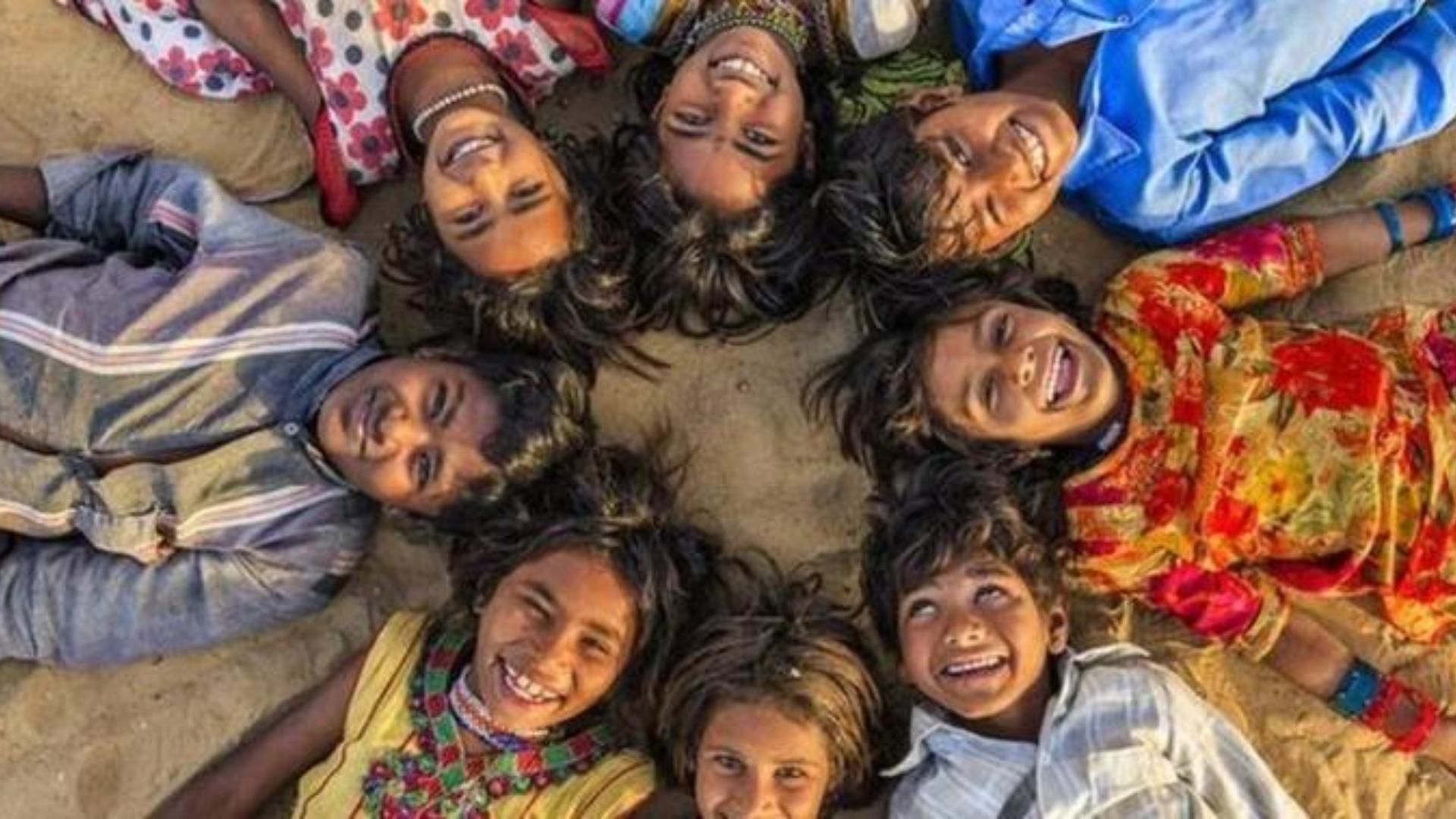India will have to dig deep in its spiritual heritage to counter the problems that come with being a developed state.
As India continues to make rapid economic progress and as the country gets transformed right before our eyes, it should dig deep into its spiritual heritage to find what actually will give happiness to its people. In the “developed” Western countries, the criteria of well-being of its citizens has been rapid economic progress, education and health standards as well as individual freedom.
All these are important, but human beings are more complex. They need emotional happiness. Though the Western countries have been materially happy, the gap between the rich and the poor is widening all the time. According to former UK Prime Minister Gordon Brown: “Britain is in the throes of a hidden poverty epidemic, with the worst-affected households living in squalor and going without food, heating and everyday basics such as clean clothes and toothpaste.”
However, the wealth accumulated from colonial rule gave birth to capitalism, which in turn spurred new inventions and lifted the European nations from abject poverty to great prosperity. Economic well-being gave way to demands for absolute freedom. From feminism, to rights of people with different sexual orientation, campaigns to legalise drugs, the mantra of the rights of the individual took hold. The result is that the traditional family system is broken.
Anxiety, depression, crime, violence against women and sexual exploitation of women and children are rampant. Respected institutions like churches, educational establishments and hospitals are all rocked by sexual crimes. The arrival of social media platforms has made the sexual exploitation of young people a dangerous trend. Some of the deviant behaviour that we are witnessing is truly horrific and frightening. Young people are also vulnerable to new fads which can damage their mental wellbeing.
Body shaming, eating disorders and pressure
The gains of a developed state have been replaced by emotional strife. The Happiness Index measures life satisfaction, the feeling of happiness, and other forms of happiness like psychological well-being, health, time balance, community, social support, education, arts culture, environment, governance, material well-being and work. Uniquely, in the 1970s, Bhutan introduced a Gross National Happiness Index.
It is a measure of economic and moral progress of Bhutan. It is an alternative to the global gross domestic production criteria. The “four pillars” of GNH are good governance, sustainable development, preservation and promotion of culture, and environmental conservation. Given these concerns it is clear that achieving the goal of a developed state will be no panacea for a happy India.
India will have to dig deep in its spiritual heritage to counter the problems that come with being a developed state. The great sages of India have taught the values of detachment, practicing Dharma, the importance of the family, respect for elders, compassion towards all living beings, a plant-based diet, control of senses, protection of women and children. It has to retain all that is best in the Western outlook to life and offer a model which the whole world can follow. It is therefore necessary to look beyond just being a developed state.
It is said that the rise and fall of civilisations go by the following sequence: From bondage to spiritual faith From spiritual faith to great courage From courage to liberty From liberty to abundance From abundance to apathy and from apathy, once again into bondage. www.nitinmehta.co.uk

